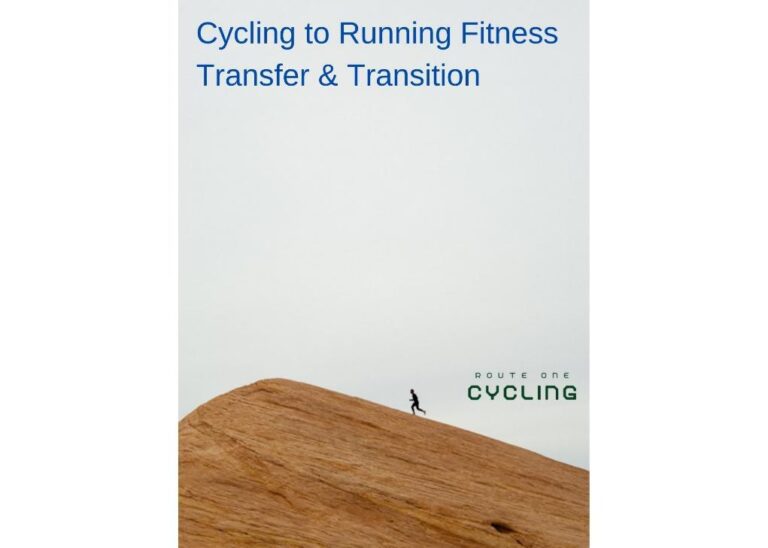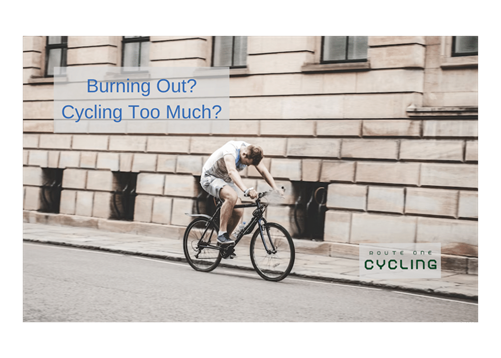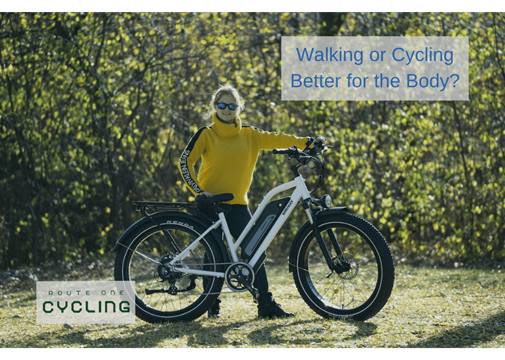Counting Calories, Losing Weight and Cycling: Will cycling help me lose weight?


One of the main questions that we get many times is asking if cycling will help us lose weight. Some variation of this include, will cycling decrease belly fat. Will cycling help make my hips slimmer. Will cycling help me achieve my weight loss goals? We have answered some of these in this post, though what is important to note above all else is that if you are cycling 10 hours a day, and what you are putting into your body is not helping you continue moving forward to your goals, you will not lose one single pound. This means that those asking how much cycling to lose 1kg will simply not lose any weight unless they also decide to incorporate a healthy diet into their goals.
In this post we will cover exactly how much cycling that you will need to go over to achieve your weight loss goals. We will also discuss why regardless of no matter how much you ride your bicycle, if your nutritional intake is not right for your body weight goals, either nothing will happen, or you will actually gain weight. If you read any article that sites research or tells you that you can lose weight simply by getting on a bicycle and riding into the sunset they are either not being honest with you or they are not qualified to give this information.
For the sake of discussion, let’s talk about how much cycling to lose 1kg of weight and see where that takes us.
How much cycling to lose 1kg of weight?
If you are on a stationary bicycle, and riding, you may look at your handles and see a silver device on it. These silver devices detect very small amounts of electrical stimuli coming from your heart through your blood vessels and provides an estimate of your heart rate. Based off of the heart rate and the typical resting heart rate speed these devices can estimate the amount of calories per hour.
The typical person will burn about 500 calories per hour when cycling at a constant rate. With 1 kg of body weight (depending on the makeup of your body) being equal to 7700 calories, that is 15.4 hours of cycling to lose 1 kilogram of body weight. I don’t know about you but even if you are cycling 1 hour to work and 1 hour home every single day a week including the weekends, that seems like a lot. Also, this is burning calories, why don’t we discuss the calories that you are taking in?
I cycled for 15.4 hours and have lost no weight. Why?


You’re going to get a lot of answers for this from many people. The first question to ask yourself is what have you put into your body in that time while you rode that many hours? Did you take the time to eat whole foods? Did you cut back on (or eliminate) non-processed foods? Did you stop eating fried foods? Not only are these high in calorie intake, but they also contain saturated fats, trans-fats and other types of ingredients that are unhealthy to your body. Further, when you were eating, how did you decide when to stop? Did you decide to stop when your body was full? What does full mean to you? Does full mean content and energized, or does full mean tired and ready to take a nap after the meal is complete?
Although you are burning the calories at about 500 calories an hour, half of my favorite cheeseburger will bring that back. And then the rest of the burger, plus fries and a soft drink will add more. This is only calories, not to mention the different types of fats included in the meal and processed ingredients that will have an effect on the body.
If you do not focus on your food intake along with cycling to lose weight, achieving your weight loss goals will be unlikely. What you put into your body is about 90% of the work and cycling or any other type of aerobic workout is the other marginal 10%.
Should I track calories to lose weight?
From what we have seen, tracking calories is a possibility for some people. Typically any type of strict diet or tactic will work for the body in the short term. Whether it actually is a good choice for a person to do is another question entirely. Tracking calories can lead to unhealthy weight-loss because when you are focusing on stripping out that one specific input, you leave out many nutrients, fats, oils, vitamins and proteins that the body wants. The lack of all of those natural inputs can lead to a very unhealthy outcome. The best way to think about what to take into the body is to ask yourself, is this a food that will be helpful to accomplishing my goals? If yes, then eat it (and as much of it as you want until you feel content). If it does not, then do not choose to add it into your system.
Conclusion
From what you have read you should have come to understand that cycling will help you lose weight only if the cycling is coupled with a healthy choice of food intake. If a rider focuses on the burning of the fat and calories, they will be at a loss when they don’t achieve the goals that they set out for themselves.


![What to Eat Before Cycling In The Morning [The Champions’…]](https://routeonecycling.com/wp-content/uploads/2023/05/What-to-Eat-Before-Cycling-In-The-Morning--768x548.png)


![Does cycling strengthen ankles? [RESEARCH]](https://routeonecycling.com/wp-content/uploads/2023/03/cycling-ankle4-scaled.jpg)
